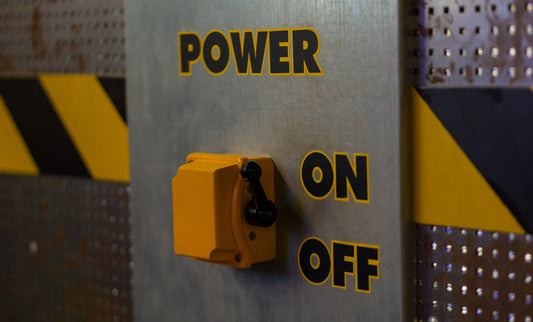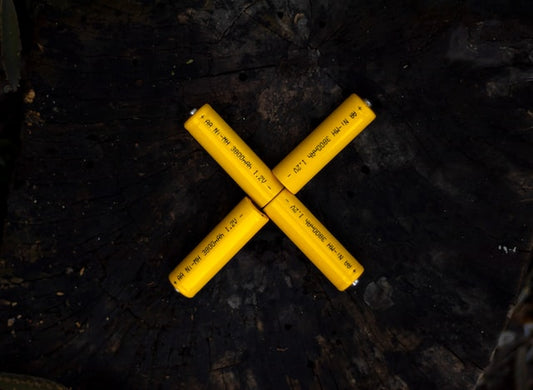Jehu Garcia DIY University

Rapid Shutdown Requirements in Solar Projects
Rapid Shutdown Requirements in Solar Projects. This article covers the National Electric Code (NEC) rapid shutdown requirements for Solar projects and why it is necessary to comply to these standards...
Rapid Shutdown Requirements in Solar Projects
Rapid Shutdown Requirements in Solar Projects. This article covers the National Electric Code (NEC) rapid shutdown requirements for Solar projects and why it is necessary to comply to these standards...

Calculating the discharge rate of a lithium-ion...
The more you know about working with lithium ion batteries, the better. One important thing to know about your battery is it's discharge rate. Calculating the discharge rate of a...
Calculating the discharge rate of a lithium-ion...
The more you know about working with lithium ion batteries, the better. One important thing to know about your battery is it's discharge rate. Calculating the discharge rate of a...

Is it OK to mix batteries with different voltages?
Lithium-ion batteries are widely used in many of our electronic devices and can be used to build all sorts of cool electrical devices, but it’s important to be aware that...
Is it OK to mix batteries with different voltages?
Lithium-ion batteries are widely used in many of our electronic devices and can be used to build all sorts of cool electrical devices, but it’s important to be aware that...
